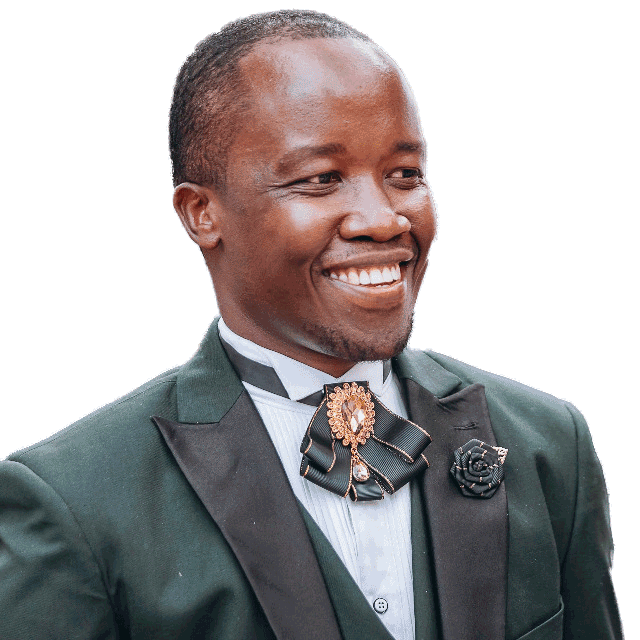How do we confront our existential conundrums and dilemmas? Even in decisions, which may cost us life or happiness for eternity? Do we gather courage and make decisions or we are paralyzed by indecision?
Mind you, not making a decision is a decision in itself.
Consider this story in 2nd Kings.
2nd Kings 7:3-8, 3 Now there were four men with leprosy at the entrance of the city gate. They said to each other, “Why stay here until we die? 4 If we say, ‘We’ll go into the city’—the famine is there, and we will die. And if we stay here, we will die. So let’s go over to the camp of the Arameans and surrender. If they spare us, we live; if they kill us, then we die.”
5 At dusk they got up and went to the camp of the Arameans. When they reached the edge of the camp, no one was there, 6 for the Lord had caused the Arameans to hear the sound of chariots and horses and a great army, so that they said to one another, “Look, the king of Israel has hired the Hittite and Egyptian kings to attack us!” 7 So they got up and fled in the dusk and abandoned their tents and their horses and donkeys. They left the camp as it was and ran for their lives.
8 The men who had leprosy reached the edge of the camp, entered one of the tents and ate and drank. Then they took silver, gold and clothes, and went off and hid them. They returned and entered another tent and took some things from it and hid them also.
It had happened that Samaria was besieged by the King of Aram and famine and hunger had reached extreme levels that people had become cannibals (Refer to 2nd Kings 6:29).
These four lepers were outcasts and were in a great dilemma. It was a decision between life and death. They had two options; go to the city to beg or stay where they were. Either way, they were going to die. But they were brave enough to consider another option. They said “So let’s go over to the camp of the Arameans and surrender. If they spare us, we live; if they kill us, then we die.” It happens that these lepers’ lives were spared and they became harbingers of good news to the Israelites. What if they had taken no decision? They might have died of hunger. Who would have informed the Israelites that their enemies had fled?.
Whatever decision you take, there will be consequences.
Søren Kierkegaard,one my favourite philosopher , puts it well in his “An Ecstatic Lecture”;
“If you marry, you will regret it; if you do not marry, you will also regret it; if you marry or if you do not marry, you will regret both; whether you marry or you do not marry, you will regret both. Laugh at the world’s follies, you will regret it; weep over them, you will also regret it; if you laugh at the world’s follies or if you weep over them, you will regret both; whether you laugh at the world’s follies or you weep over them, you will regret both. Believe a girl, you will regret it; if you do not believe her, you will also regret it; if you believe a girl or you do not believe her, you will regret both; whether you believe a girl or you do not believe her, you will regret both. If you hang yourself, you will regret it; if you do not hang yourself, you will regret it; if you hang yourself or you do not hang yourself, you will regret both; whether you hang yourself or you do not hang yourself, you will regret both. This, gentlemen, is the sum of all practical wisdom.”
Kierkegaard is simply saying, “You are going to marry the wrong person and make wrong decisions in a whole realm of areas, and the reason you are going to do this is because you are human. Therefore do not berate yourself for doing what humans do.
The Lepers in the story mentioned earlier even went beyond the Either/Or conundrum and made a better, risky decision.
Therefore, either ask that girl out or cower and live with the consequences. You want to start that business? Either start of shut up and live with the consequences. You want to shed off some toxic friends? Either disassociate from them or not and live with the consequences. There is no middle ground.
